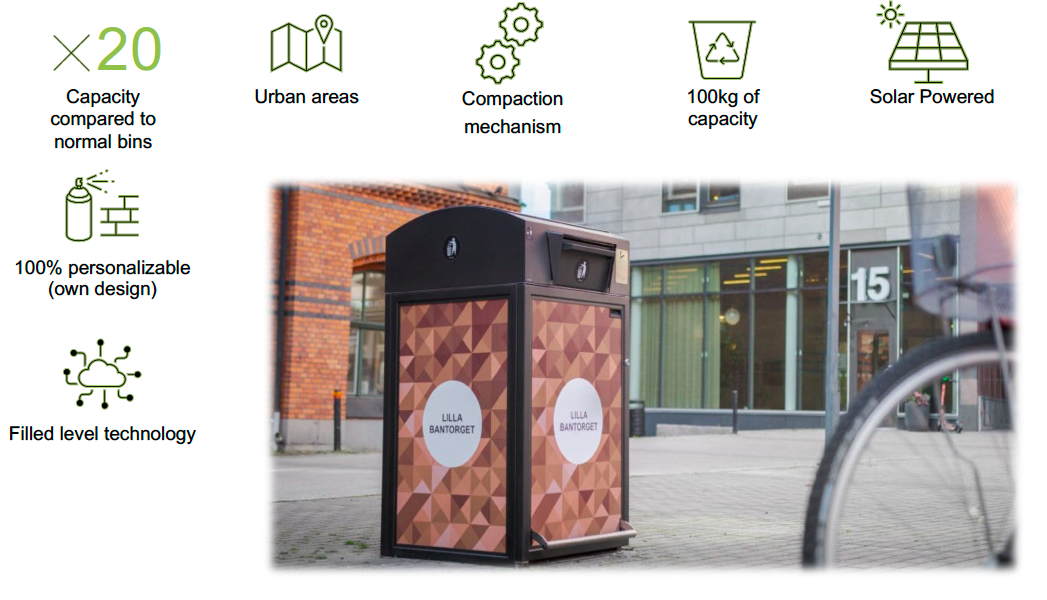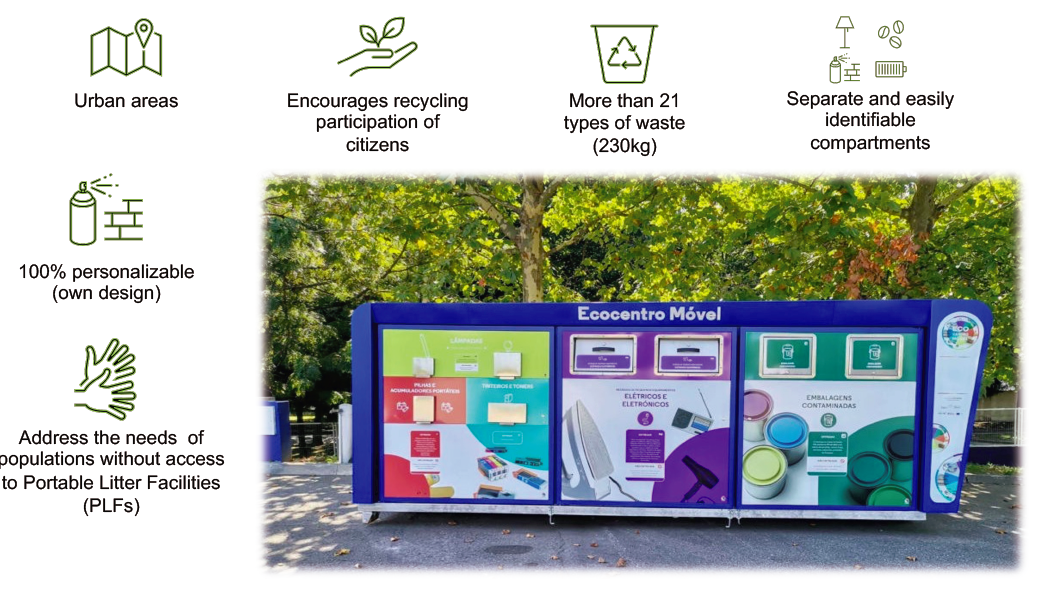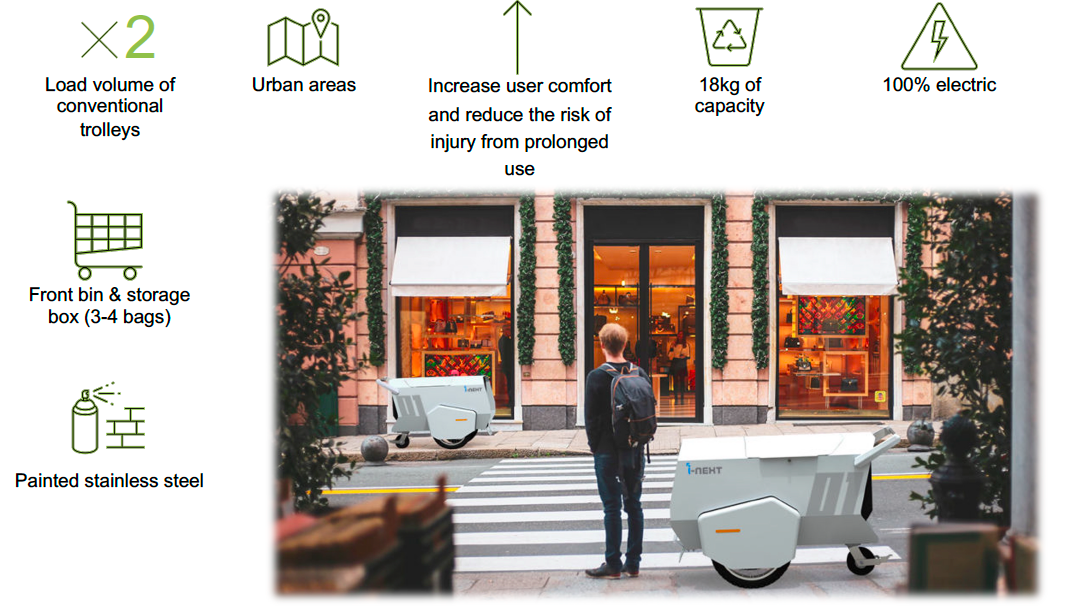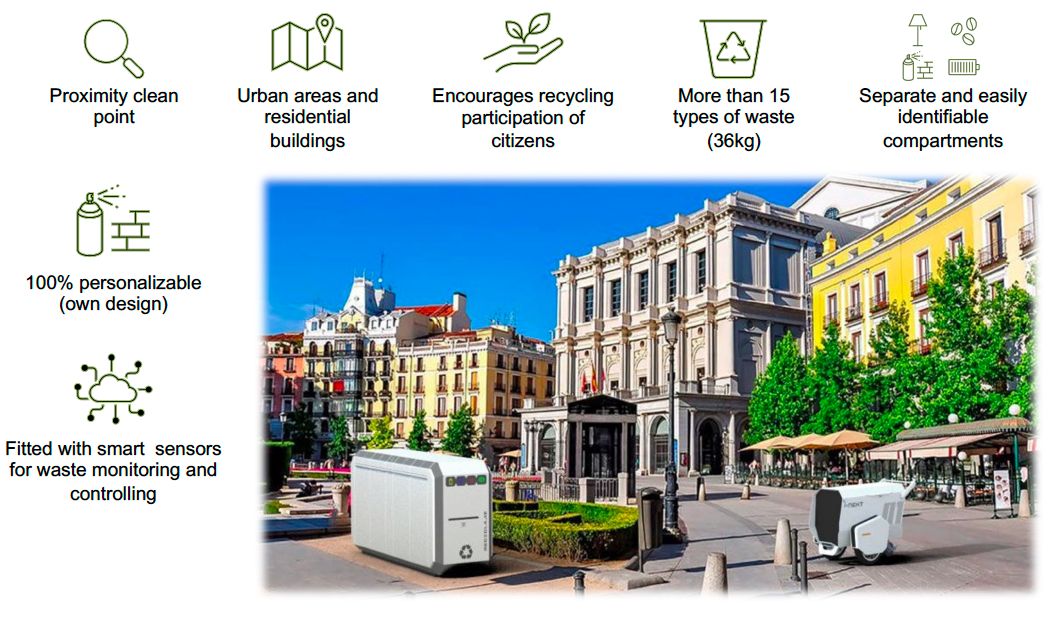Qatar, known for its thriving economy and modern infrastructure, faces a critical challenge in the realm of recycling. Despite its notable advancements in various areas, waste management and recycling have lagged behind compared to its European counterparts. However, there is untapped potential that could turn current problems into opportunities for sustainability and efficiency by leveraging European know-how.
State-of-the-art recycling technologies
One of the main identified issues is the lack of a robust recycling infrastructure. Europe, on the other hand, has been at the forefront of developing sustainable technologies and practices in waste management. The implementation of advanced systems such as trash bins with compaction systems, collection and filling alert software, and AI-powered bins could make a significant difference in the efficiency of waste collection in Qatar.

These technologies not only facilitate waste sorting and collection but also optimize resources by preventing unnecessary pickups and ensuring equitable distribution of waste management resources. The introduction of clean points in urban areas and segregation bins in neighborhoods would further promote citizen participation in proper waste separation, laying the groundwork for a comprehensive recycling system.

The adoption of electric collection vehicles instead of conventional trucks would not only reduce carbon emissions but also set a sustainable standard for waste management across the country. Qatar has the unique opportunity to start its journey toward sustainability without having to upgrade pre-existing systems, unlike its European counterparts.

Proper investment in these revolutionary technologies would not only mitigate recycling issues but could also turn Qatar into a benchmark for European countries and the Gulf Cooperation Council (GCC). By not having to overcome upgrade barriers, Qatar can implement these solutions more efficiently and at a relatively lower cost.

The benefits are not limited solely to waste management but also extend to society as a whole. Job creation in the management and maintenance of these infrastructures, coupled with the environmental awareness generated by these practices, could have a positive impact on Qatar’s population.
Conclusion
Qatar has the opportunity to transform its recycling challenges into an exemplary model of sustainability. The adoption of European technologies could pave the way for a greener and more efficient future, marking the beginning of a new era in waste management in the country and establishing it as a leader in sustainability for the region and beyond.
Moreover, it’s worth noting that EBS boasts an extensive network of clients, suppliers, and contacts in Europe who work with the latest recycling technologies and have extensive knowledge of the market, as they are pioneers in the recycling sector. Our vision at EBS is to contribute to a future where Qatar not only overcomes its pollution and recycling challenges, but turns them into strengths, positioning the country as a pioneer in the GCC in environmental innovation and sustainability.